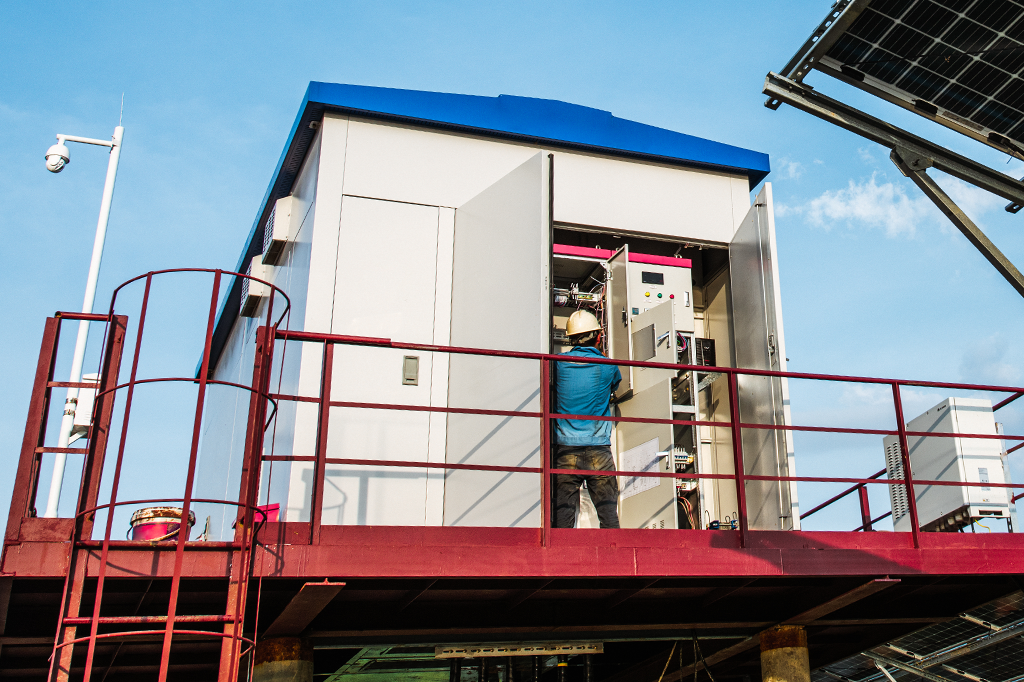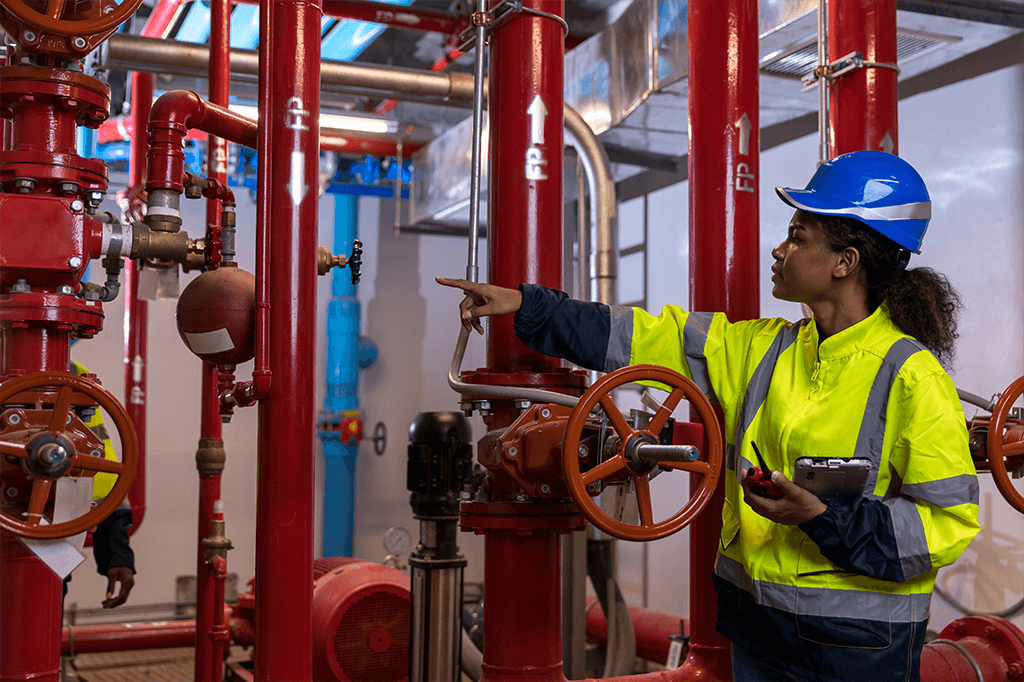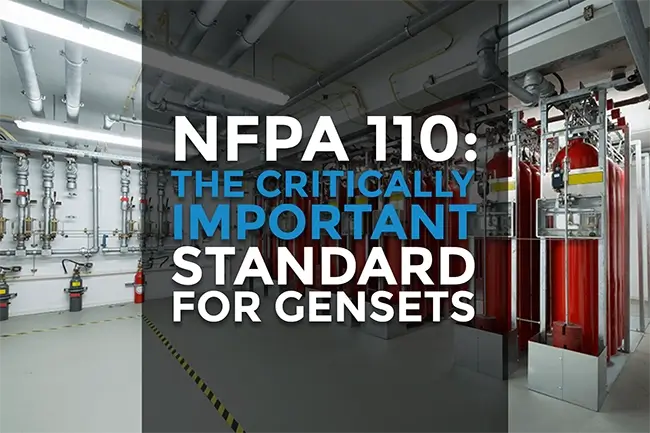What is the NFPA?
The National Fire Protection Association (NFPA) is a non-profit organization that works across the country to promote fire and life safety. The NFPA does this by developing and publishing codes and standards that are used throughout the United States to help prevent and mitigate the effects of fires.
Founded in 1896, the NFPA has since grown to become one of the leading organizations in the field of fire safety. The NFPA's codes and standards play a big part in actively promoting fire safety for a wide range of industries.
The NFPA’s codes and standards are developed through a consensus-based process that involves input from a wide range of stakeholders, including members of the public, industry experts, and government officials.
Through this process, the NFPA ensures that the codes and standards they publish reflect the latest research and best practices.
The NFPA offers a number of different codes and standards that cover a wide range of topics related to fire safety, including fire prevention, fire protection, and emergency response.
Some of the most commonly-known codes developed by the NFPA include the National Electrical Code, the Life Safety Code, and the National Fire Codes. These codes and standards are widely used by fire safety professionals, building code officials, construction contractors, and others to help ensure the safety of buildings and other structures.
In addition to developing codes and standards, the NFPA also provides a number of other services and resources to support fire safety.
These include training and education programs, technical support, and research and development. The NFPA also works with a network of partners and affiliates around the world to promote fire and life safety on a global scale.

What is NFPA 110?
NFPA 110, also known as the Standard for Emergency and Standby Power Systems, is a document published by the National Fire Protection Association (NFPA) that provides guidelines and requirements for the proper installation and maintenance of emergency and standby power systems.
These systems are essential for ensuring the safety and functionality of critical infrastructure, such as hospitals, airports, and data centers, in the event of a power outage or other emergency.
These power systems include equipment such as generator sets, circuit breaker, transfer switches, control panels, remote equipment, and more.
Emergency power systems are designed to provide temporary power to a facility during an outage or other emergency situation, while standby power systems are intended to provide a continuous source of power in the event of a primary power loss.
Both types of systems are essential for ensuring the safety and functionality of critical infrastructure, as well as protecting the people and property within those facilities.
According to NFPA 110, all emergency and standby power systems must be properly sized and installed to meet the specific needs of the facility where they are being used. This includes taking into account the potential load on the system, as well as the duration and frequency of power outages in the area.
In addition, the standard requires that these systems be tested regularly to ensure they are functioning properly and can provide the necessary power when needed.
NFPA 110 is updated every three years, with the latest revisions being published in 2022. These frequent updates keep the standards up-to-date and reflecting the latest technologies used in emergency and standby power systems.

The Importance of Maintenance and Regular Testing
One of the key components of NFPA 110 is the requirement for regular maintenance and testing of emergency and standby power systems.
This includes periodic inspections and annual testing of the system itself, regular maintenance of the equipment that make up the system, as well as the proper handling and storage of fuel for these systems.
This is essential for ensuring that the system is able to provide power when needed, as well as for identifying and addressing any potential issues before they become major problems.

Fuel testing is an important part of ensuring the smooth operation of mission critical facilities. These facilities rely on a steady supply of fuel to power their critical systems and keep them running.
Without regular fuel testing, it is difficult to know if the fuel being used is of the right quality and composition, and this can lead to a number of problems.
Over time, fuel can degrade and lose some of its key properties, such as its ability to burn cleanly and efficiently. This can lead to reduced power output, increased emissions, and damage to critical equipment.
Critical component damage can render the system inoperable, which can seriously impact the facilities relying on these emergency power systems.
By regularly testing the fuel, it is possible to detect and remove any contaminants before they cause any problems, helping to ensure that the facility can continue to operate at peak efficiency.
Maintaining Mission Critical Reliability
The importance of NFPA 110 lies in its ability to help protect against the potential dangers of power outages and other emergency situations.
In a hospital, for example, the loss of power could have serious consequences for patients who rely on life-support equipment. In a data center, a power outage could cause the loss of valuable data and disrupt critical operations.
By setting minimum requirements for the design, installation, maintenance, and testing of emergency and standby power systems, NFPA 110 helps to ensure that these systems are reliable and capable of providing power when needed.
Overall, NFPA is a crucial standard for ensuring the reliability and safety of emergency and standby power systems.
By following the requirements of the standard, facilities can protect critical equipment and maintain essential services in the event of a power outage or other emergency.




